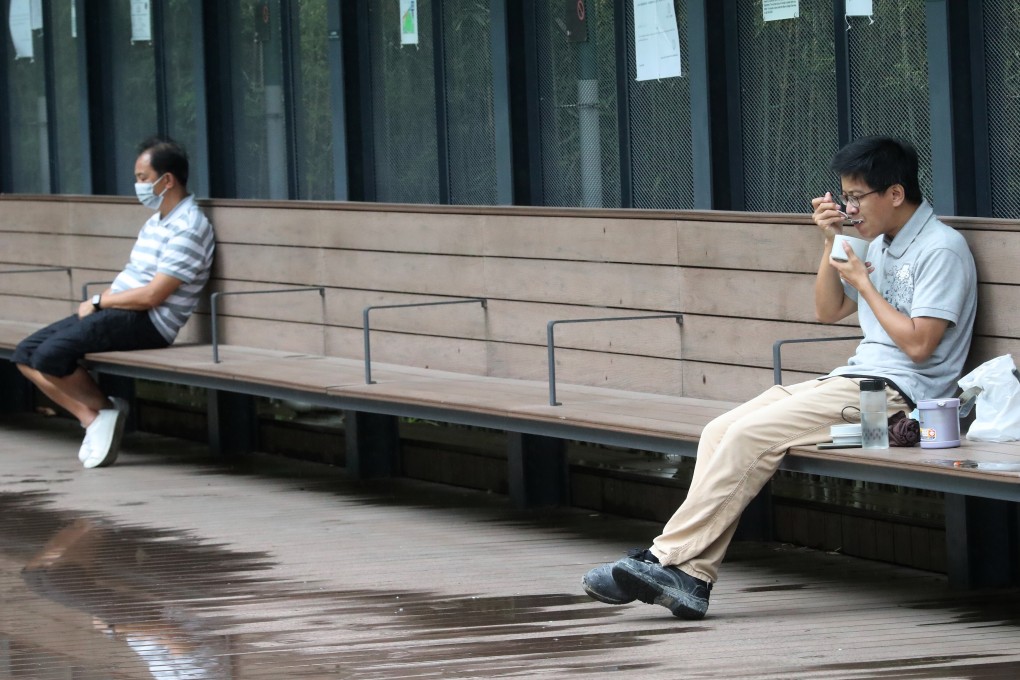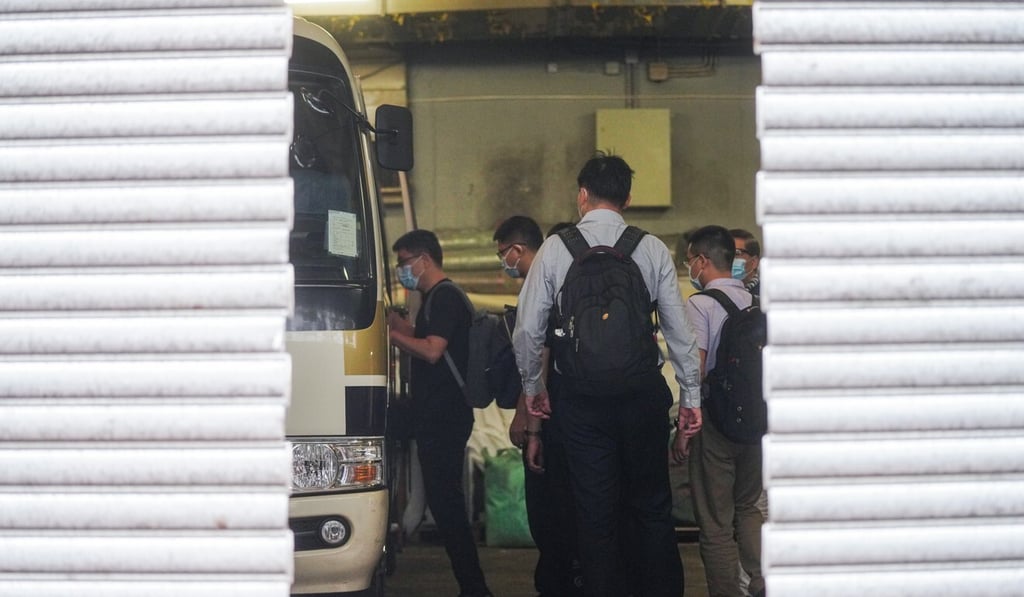Hong Kong third wave: universal Covid-19 testing tougher than it sounds, say health experts, who urge targeted screenings, continued social distancing
- While mainland help has raised testing capacity significantly, a full multi-day lockdown would be required in order to test all city residents effectively
- ‘If you don’t have a good plan for testing, then a lot of the tests will waste resources,’ pandemic adviser says

Experts argued that continued social distancing, along with testing for higher-risk groups, would be more effective in minimising community transmission of the virus, which has already infected more than 2,400 people, including 35 deaths, since the current outbreak began on July 5.
As of Wednesday, the total tally of infections in the city stood at 3,669, with 42 related deaths.

Debate over whether Hong Kong should test all residents was sparked after mainland respiratory medicine specialist Professor Zhong Nanshan last week called for citywide testing to identify asymptomatic patients, as the city had registered more than a week of triple-digit infections.
But the advice also came at a time when official data showed little sign that the third wave could be reigned in quickly. Data from the Centre for Health Protection show the number of cases that started to develop symptoms peaked on July 27, though some experts’ cautioned those figures might not fully reflect the current situation given the lag time in reporting.